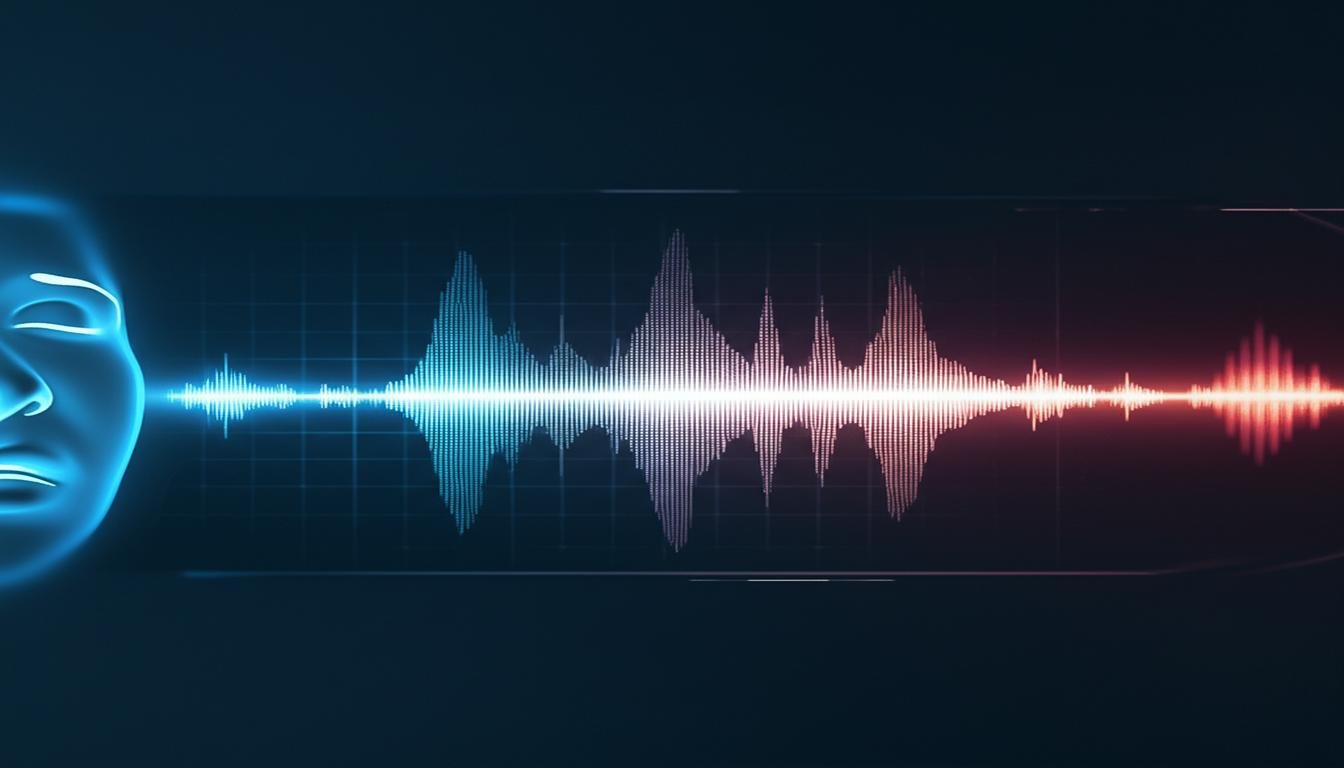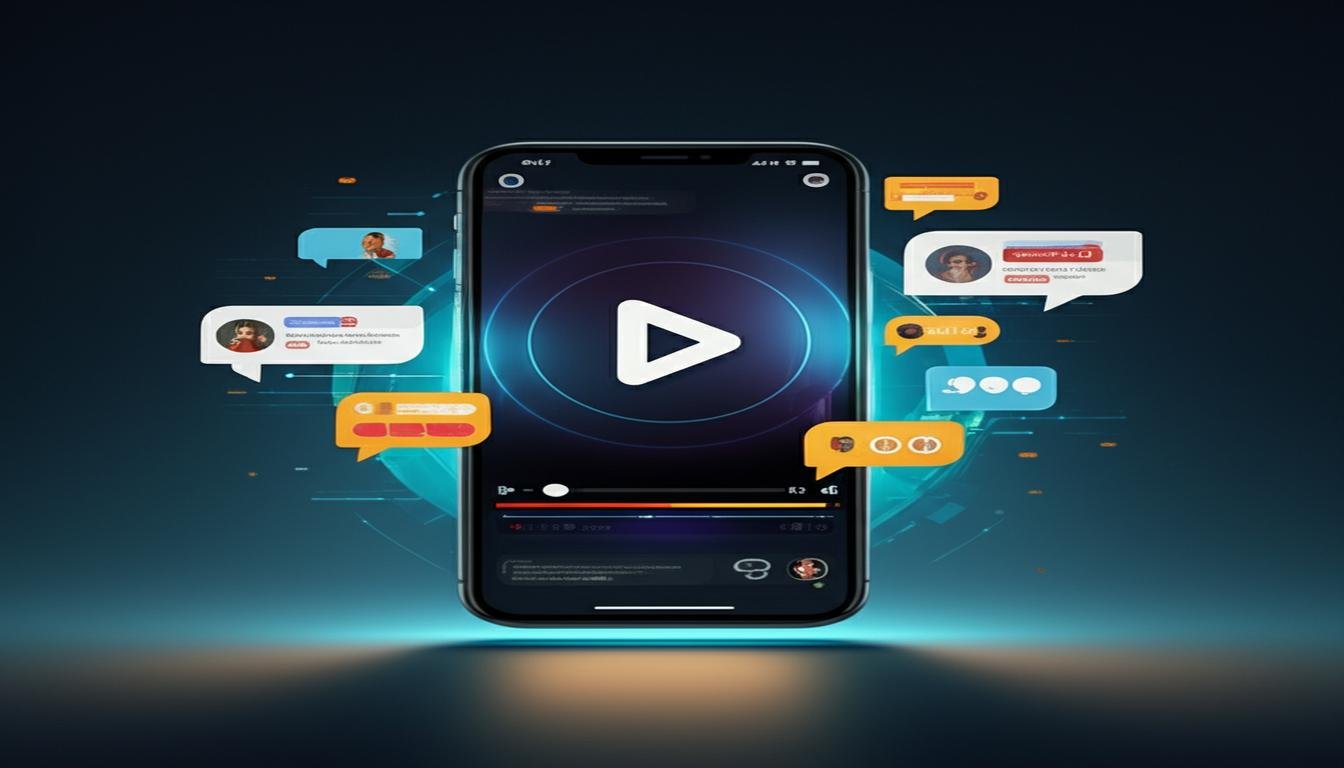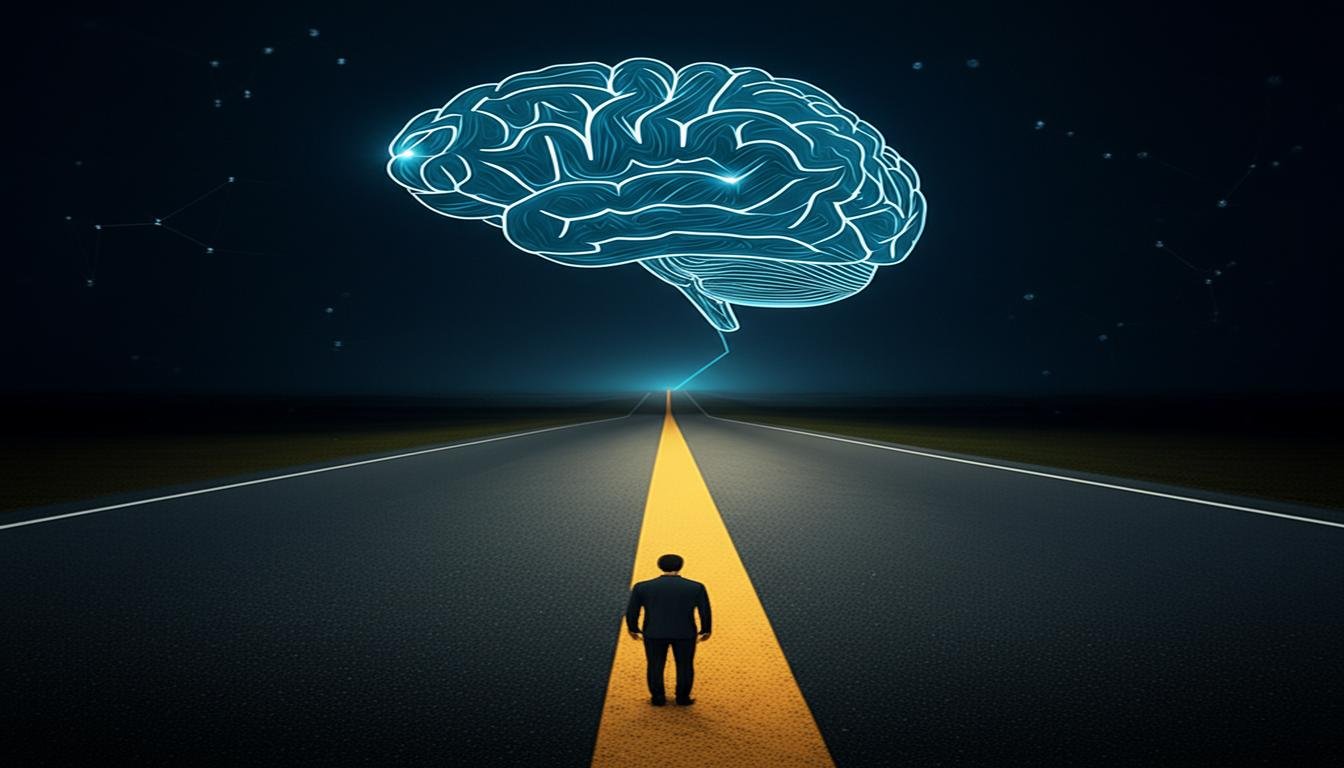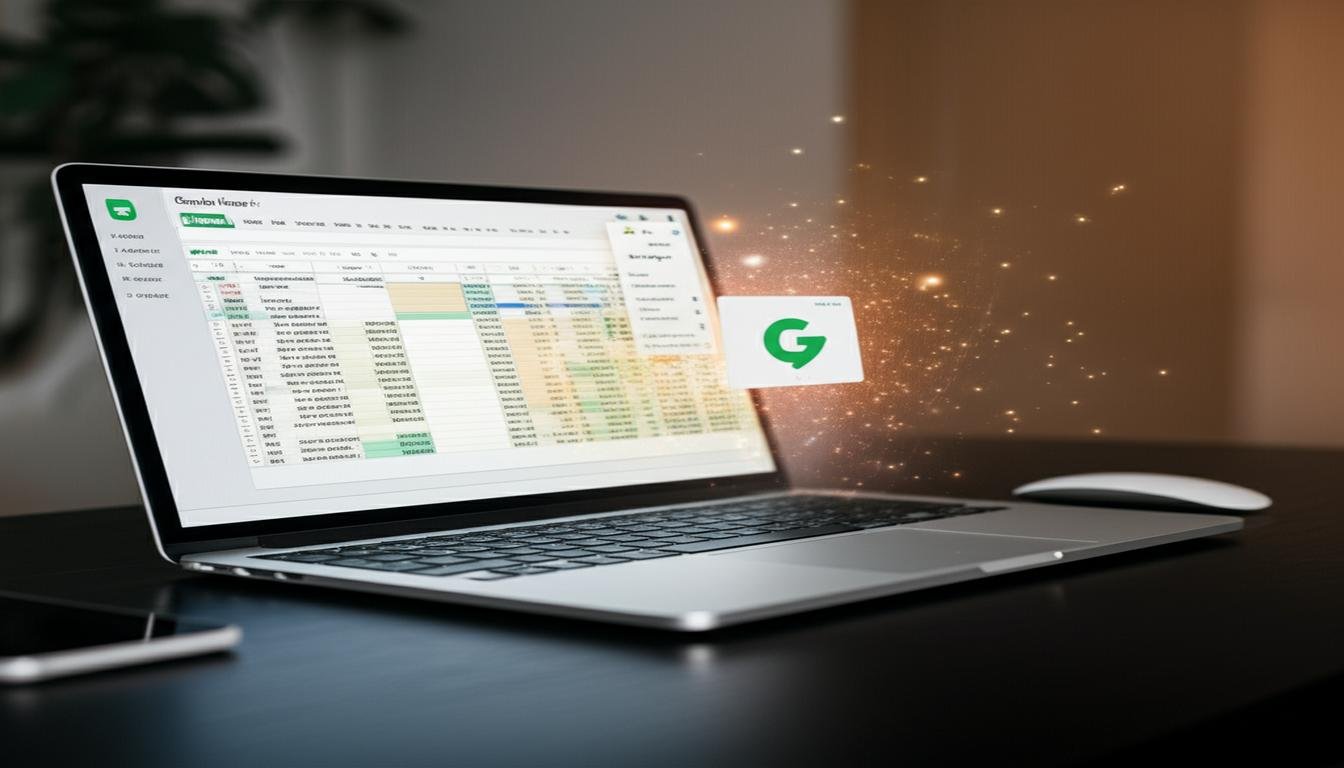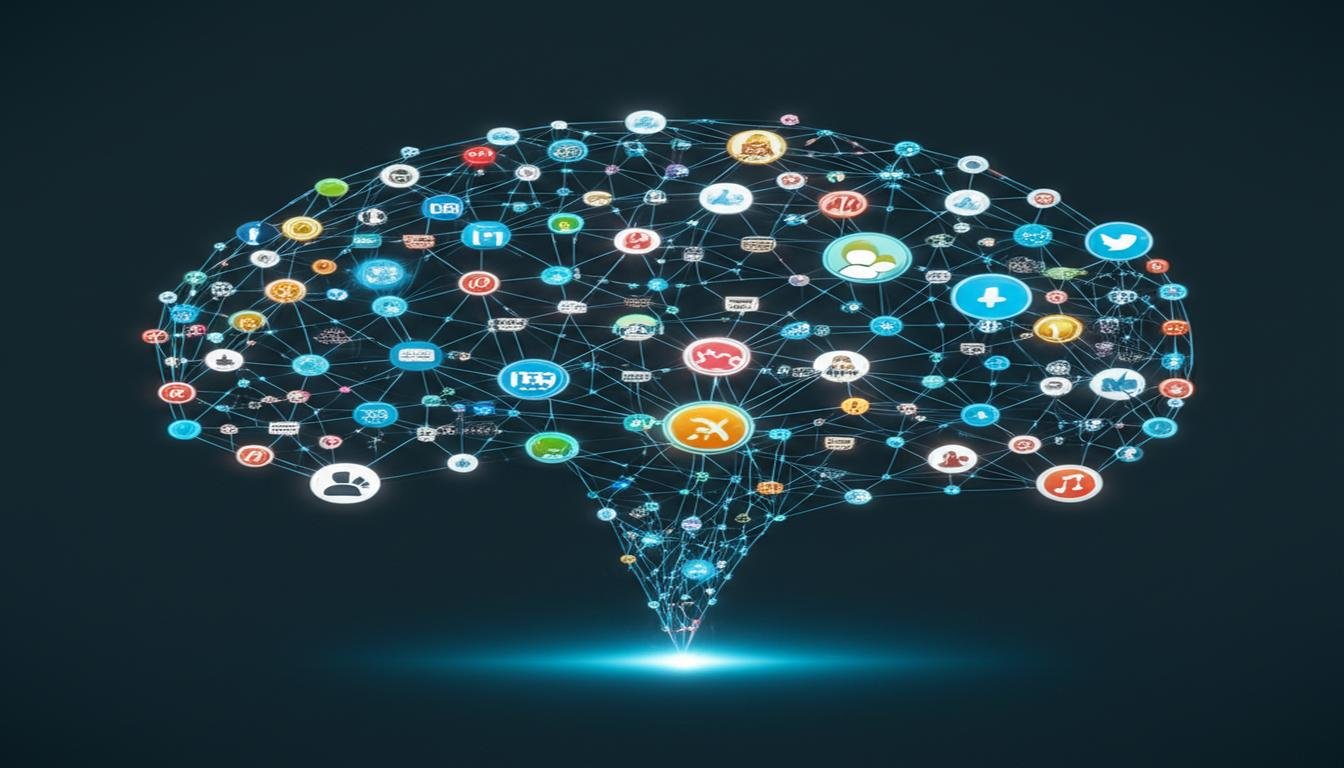Remember those wild predictions about artificial intelligence from just a few years ago? Flying cars aside, many forecasts about AI felt like pure science fiction. We’d picture robots running our lives or computers making decisions beyond human comprehension. Guess what? While we might not have robot maids (yet!), a surprising number of those futuristic AI concepts, ones we thought were years away in 2025, are already part of our everyday reality.
It’s truly incredible how fast AI has evolved. What was once confined to research labs is now powering our phones, helping us shop, and even creating art. Let’s dive into some key AI predictions for 2025 that have already started unfolding, showing us a glimpse of tomorrow, today.
The Rise of Hyper-Personalization
One major prediction was that AI would get incredibly good at understanding us. Not just what we like, but what we *might* like, even before we know it ourselves. This hyper-personalization is no longer a future concept; it’s baked into countless services.
Smarter Recommendations That Anticipate Your Desires
Streaming Services: Think about Netflix or Spotify. Their AI doesn’t just suggest shows based on what you’ve watched. It analyzes viewing patterns, genre preferences, even the time of day you watch certain things, to recommend content that truly resonates.
E-commerce Personal Shoppers: Ever noticed how Amazon or your favorite online clothing store seems to know exactly what you’re looking for? Their algorithms go beyond simple purchase history, predicting your next buy or style preference with eerie accuracy.
Proactive Digital Assistants
Remember Jarvis from Iron Man? While we’re not quite there, our virtual assistants are getting pretty smart. They’re moving from just answering direct questions to anticipating our needs.
Your smart home system might adjust the thermostat before you get home, based on your typical schedule and real-time traffic updates.
Your phone’s AI can suggest routes based on your calendar appointments, factoring in potential delays without you even asking.
Automation Beyond the Factory Floor
When we thought of automation, we often pictured assembly lines. But the 2025 predictions included AI automating more complex, knowledge-based tasks. This is happening in a big way.
Customer Service Revolution
Chatbots used to be clunky and frustrating. Now, many companies use AI-powered chatbots that can understand nuanced questions, resolve issues, and even sound surprisingly human. They’re handling more than just FAQs, providing real solutions and freeing up human agents for more complex problems.
AI in Content Creation & Curation
Believe it or not, AI is already helping create content. From drafting basic news summaries and financial reports to generating marketing copy, algorithms are becoming proficient writers. They can also curate vast amounts of information, presenting it in digestible formats, which was once a purely human task.
AI as a Creative Partner
Perhaps one of the most mind-blowing predictions was AI’s ability to be creative. Many thought true creativity was uniquely human. Yet, generative AI tools are proving otherwise, not replacing human artists, but empowering them.
Design and Art Generation
Platforms like Midjourney or DALL-E weren’t widely known just a couple of years ago. Now, artists, designers, and hobbyists use them to create stunning images from simple text prompts. AI can generate everything from realistic photos to abstract art, becoming a powerful tool in the creative process.
Code Generation & Development Assistance
For programmers, AI is becoming an invaluable co-pilot. Tools like GitHub Copilot can suggest lines of code, complete functions, and even debug, significantly speeding up development time. This collaboration allows developers to focus on higher-level problem-solving rather than repetitive coding.
Everyday AI for Everyone
The 2025 forecast also suggested AI would become seamlessly integrated into our daily lives, often without us even realizing it. This pervasive, behind-the-scenes AI is very much here.
Enhanced Accessibility
AI is making technology more accessible than ever. Live captioning for video calls, real-time language translation in apps, and advanced voice-to-text features have vastly improved, breaking down communication barriers for millions.
Predictive Search & Information Access
When you type a query into a search engine, the results aren’t just keywords. AI understands the context, predicts what information you truly need, and often provides direct answers or relevant snippets right at the top, making finding information faster and more intuitive.
What’s Next for AI? Embrace the Future
It’s clear that many of the AI predictions for 2025 aren’t just on the horizon; they’ve already started to materialize. Artificial intelligence isn’t some far-off concept; it’s a rapidly evolving force shaping our present and accelerating into our near future. It’s enhancing how we work, learn, create, and connect.
So, what does this mean for us?
Stay Curious: Keep learning about AI. Understand its capabilities and limitations.
Embrace Collaboration: Look for ways to leverage AI tools in your work and daily life. It’s often about augmentation, not replacement.
Think Critically: As AI becomes more sophisticated, it’s important to understand how it works and to question its outputs.
The future of AI isn’t just arriving; it’s already here, unfolding before our eyes. The question isn’t whether AI will change our world, but how we will adapt and contribute to this incredible technological journey. What other predictions do you think will come true by 2025?



